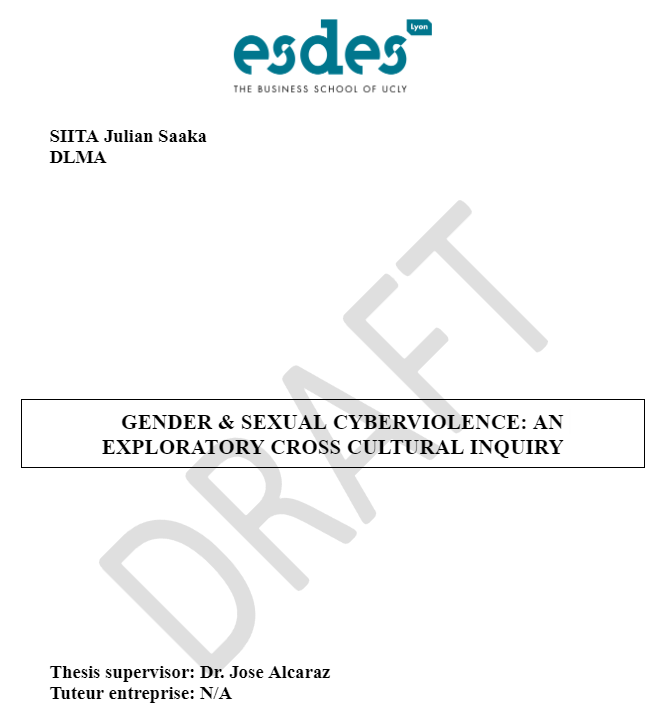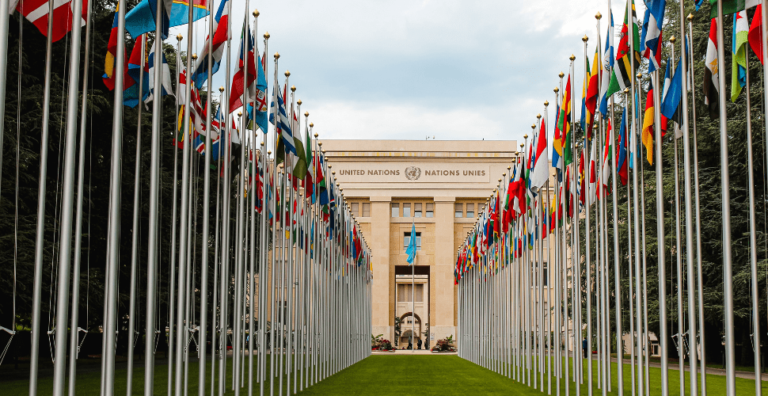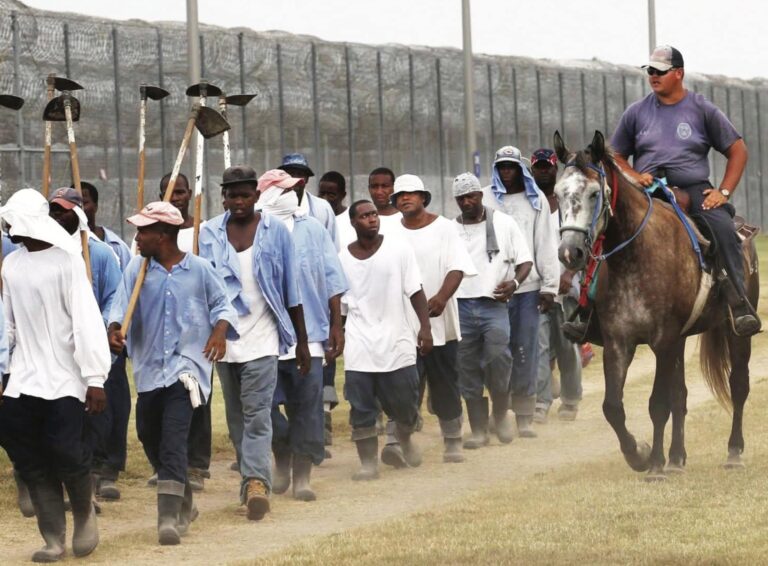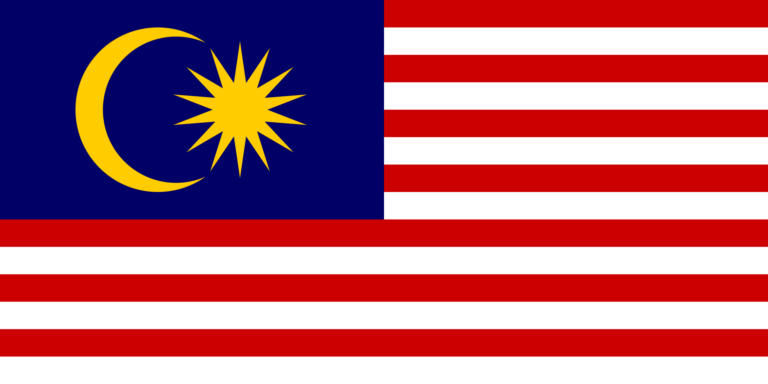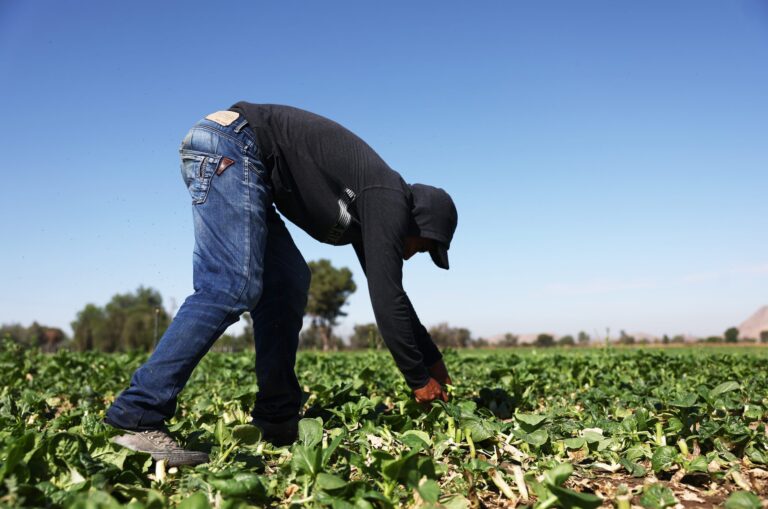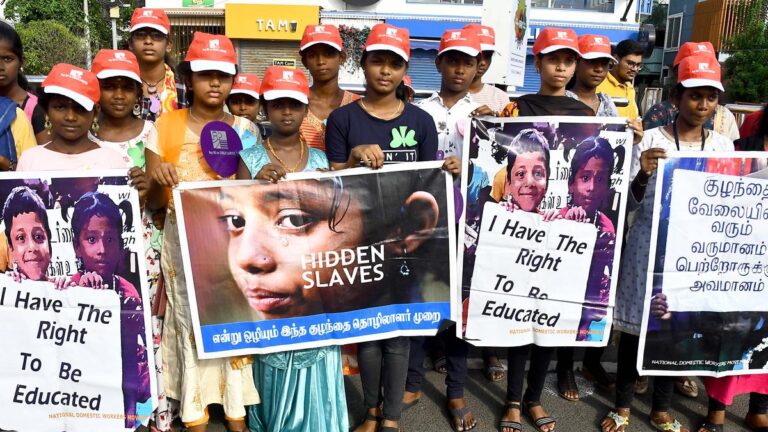Gender & Sexual Cyberviolence: An Exploratory Cross Cultural Inquiry
Editor’s note: PBJ Learning is proud to provide a platform for Julian Siita’s thesis on gender and sexual cyberviolence. It is a woefully understudied issue that is affecting everyone with access to the Internet. Please reach out to the author at [email protected] WARNING: The reality is that the Internet is a dangerous place, and we…

